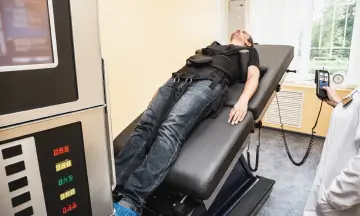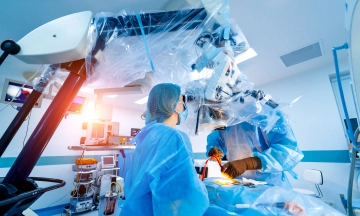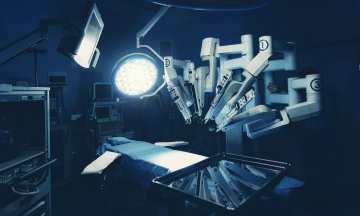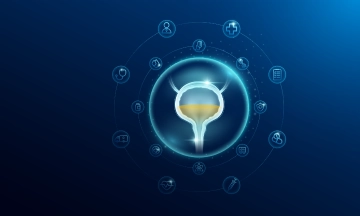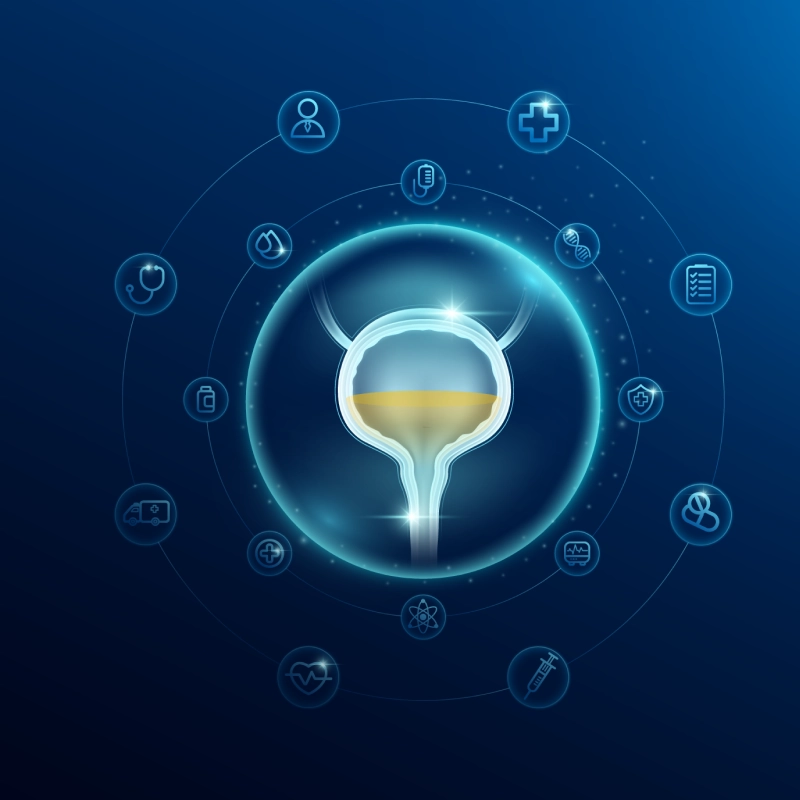
Spinal cord injuries (SCIs) can significantly impact various bodily functions, including bladder control. This can lead to challenges like incontinence, incomplete emptying, or urinary tract infections (UTIs) sometimes total kidney damage. However, with proper bladder care strategies, SCI survivors can regain a sense of control / learn self-managing bladder and improve their overall well-being.
Understanding Neurogenic Bladder
Following an SCI, damage to the spinal cord disrupts communication between the brain and bladder. This can result in a condition called neurogenic bladder, where the bladder muscles/urinary sphincter may not function properly. There are two main types:
- Reflexive bladder: The bladder contracts automatically without conscious control, leading to urinary incontinence.
- Flaccid bladder: The bladder muscles lack tone and may not empty urine completely, increasing the risk of UTIs, stones, and kidney damage.
The Importance of Bladder
Effective bladder management for SCI survivors goes beyond just preventing leaks. It's crucial for maintaining good overall health and preventing complications like:
- Kidney damage: Incomplete bladder emptying can lead to urine backing up into the kidneys, causing infections and potential long-term damage.
- Skin breakdown: Constant moisture from incontinence can irritate the skin, leading to painful sores.
- Reduced quality of life: Uncontrolled bladder issues can significantly impact daily activities and social interactions.
Bladder Management Strategies
There are various approaches to bladder management for SCI survivors, and the most suitable option depends on individual needs and preferences. Here are some common methods:
- Intermittent Catheterization (IC): This is the gold standard for bladder management in SCI. Clean or sterile catheters are inserted into the bladder periodically to drain urine.
- Timed Voiding: For individuals with some bladder control, timed voiding involves attempting to urinate at regular intervals throughout the day.
- Medications: Certain medications may help relax the bladder muscles or improve bladder contractions.
- Bladder Drainage Devices: These devices, like indwelling catheters, may be used in specific situations, but long-term use is generally discouraged due to increased UTI risk.
Beyond the Basics
A comprehensive bladder care plan also includes these vital components:
- Fluid Management: Staying hydrated is crucial, but understanding individual fluid tolerance is essential to avoid overfilling the bladder.
- Skin Care: Regular cleaning and moisturizing of the perineal area helps prevent skin breakdown from incontinence.
- Bowel Management: Regular bowel movements can help reduce pressure on the bladder and improve overall continence.
- Pelvic Floor Muscle Exercises (PFME): Strengthening these muscles can improve bladder control and overall pelvic health.
The Role of Healthcare Professionals
Working closely with a healthcare team, including urologists and rehabilitation specialists, is vital for creating and maintaining an effective bladder management plan. Regular checkups are essential to monitor progress, address any complications, and adjust the plan as needed.
Conclusion
Bladder care for SCI survivors may seem daunting at first, but with the right strategies and support, individuals can regain control and manage their condition effectively. Remember, knowledge is power. By understanding the neurogenic bladder and exploring the available bladder management options, SCI survivors can take charge of their health and live a fulfilling life.







